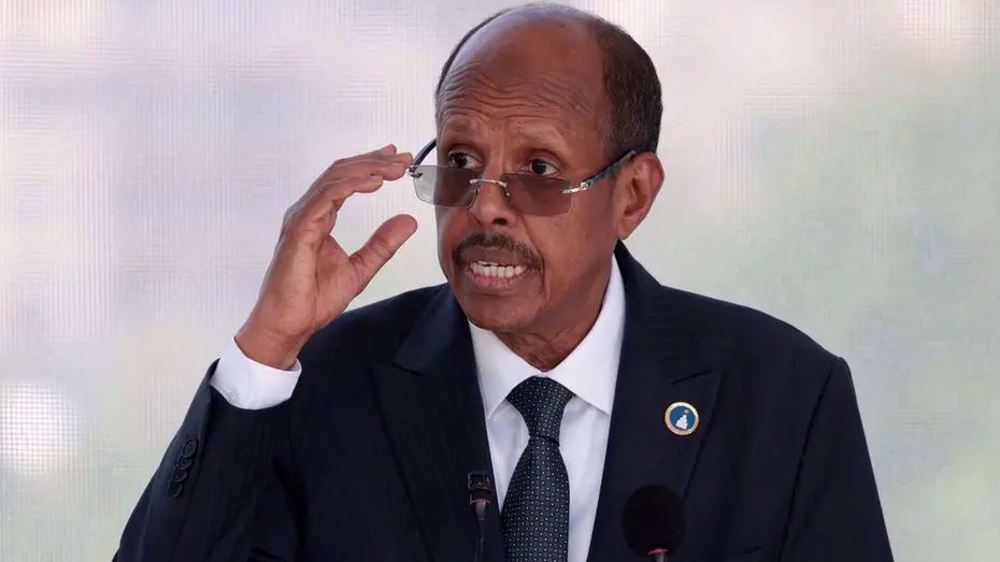Malians vote in local elections amid violence, boycotts
Malians have voted in long-overdue local elections, which were tainted by a spate of violent attacks, opposition boycotts and the kidnapping of a candidate.
On Sunday, people in Mali cast their ballots in the first elections since 2013 to elect 12,000 municipal councilors across the troubled West African country.
The elections, held with a two-year delay, were boycotted by a number of opposition parties and some armed groups, including the Tuareg rebel group, formerly known as the Coordination of Azawad Movements (CMA).
Mali’s President Ibrahim Boubacar Keita said after casting his vote, “We have already delayed these elections four times so that they can be inclusive and four times is enough.”
There have been reports of low turnout in the capital, Bamako, and a string of disruptions to voting in northern and central Mali.
The opposition has cast doubt on the reliability of this election and the credibility of the results that will emerge.
Reports by residents and officials said that voting was cancelled in some districts of the northern Mali region of Timbuktu after ballot boxes were burned by unidentified armed men.

In another incident, Saibou Barry, an opposition candidate, had also been kidnapped in the central town of Koro a day earlier. His party said Barry’s car was found burned and that he had been driven to “an unknown destination.”
In the northern city of Kidal, which is the bastion of Tuareg armed rebel group, residents boycotted voting and several hundred people demonstrated there against the holding of elections.
They burned Malian and United Nations flag, according to a foreign military source in the city.
In a statement ahead of the elections, UN Secretary General Ban Ki-moon had asked the Malian government to “pursue a constructive dialogue with all stakeholders to defuse tensions that may arise before and after the poll.”
He also called for a peaceful vote in areas “where political and security conditions allow.”
In 2012, Tuareg rebel groups seized control of northern Mali, which they call Azawad. However, al-Qaeda-linked militants took control shortly afterward. Then, the French military intervened in Mali, its former colony.
Since the al-Qaeda’s move, the impoverished West African country has been in turmoil.
The UN Multidimensional Integrated Stabilization Mission in Mali was deployed in July 2013 to bring calm.
A year later, Tuareg rebels agreed to a ceasefire deal with the government.
Israel razes apartments in West Bank, displaces over 40 Palestinians
Russia slams US, Israel over 'destructive policies,' warns strike on Iran could ignite region
UK drops aggravated burglary charges against 18 Palestine Action activists
VIDEO | Palestinian athlete and daughter hope to return to the track despite amputation
VIDEO | Negotiations between Iran and the US
VIDEO | Revolution against domination
Pezeshkian congratulates Muslim nations on advent of Ramadan
VIDEO | Deadlock as Iraqi parliament fails to elect president










 This makes it easy to access the Press TV website
This makes it easy to access the Press TV website